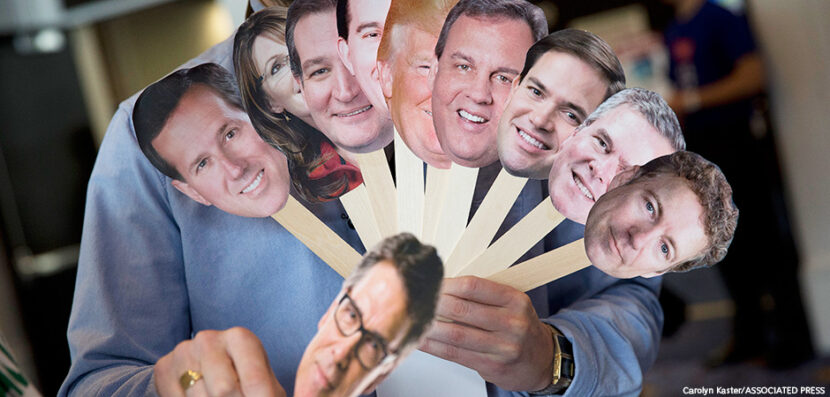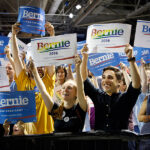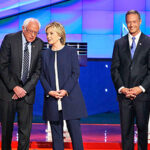
2016 Campaign Update
In election season, there is always some news to report. Here are some quick examinations of what’s been going on lately in the many-headed race for the White House in 2016.
Two Down…
Former Texas governor Rick Perry was the first Republican candidate to officially suspend his campaign for presidency. In a speech given in St. Louis, Missouri, Perry encouraged supporters to turn their attention to another candidate who embodies conservative principles and not just personality (a not-so-subtle dig at rival Donald Trump). Despite the inevitability of all but one contender eventually leaving the race, many consider Perry’s news to be surprisingly early.
A few week’s after Perry’s announcement, Scott Walker announced his own departure from the race. The current governor of Wisconsin, who was largely funded by mega-wealthy donors Charles and David Koch, said that he was called to help the Republican Party clear the field. Walker hoped that some of the other GOP candidates would follow his lead. Like Perry, political commentators did not see the announcement coming so soon.
Voter interest in Perry and Walker decreased in recent weeks as Donald Trump, Carly Fiorina and Ben Carson gained more and more of the spotlight. With the exit of two opponents, other candidates are scrambling to absorb their staff and their dollars (which will be returned to the Republican donors who funded their political action committee or PAC). This is not unusual behavior, as political campaigns often have a “musical chairs” element to them, with players vying for the last open chair. Marco Rubio and Jeb Bush are likely to see a spike in support.
Who Benefited the Most from the CNN Debate?
Fifteen Republican candidates participated in the second of twelve scheduled GOP debates. Held on September 16 at the Ronald Reagan Presidential Library in Simi Valley, California, it was hosted by the cable news channel CNN. Four contenders—Lindsey Graham, Rick Santorum, Bobby Jindal and George Pataki—took the stage in a “pre-prime time” (or undercard) debate. The top-ten pollers—Donald Trump, Jeb Bush, Carly Fiorina, Ben Carson, Chris Christie, Marco Rubio, Ted Cruz, Rand Paul, John Kaisch, Mike Huckabee and Scott Walker were featured in the primetime slot. (Jim Gilmore did not qualify and Rick Perry announced the suspension of his run before the broadcast.)
The candidates in pre-primetime were not successful in creating the type of attention Carly Fiorina did in the first debate. Of the four, Lindsey Graham was said to have stood out the most, offering different positions from the others. In the main event, Fiorina made a big impression once again and was considered the winner, with Marco Rubio coming in second. Trump continued his domination of the airtime but, in a post-broadcast poll, the mogul had almost as many votes for worst performance as he did best. Paul, Carson Huckabee, Cruz and Walker did not gain any substantial footing from the debate.


